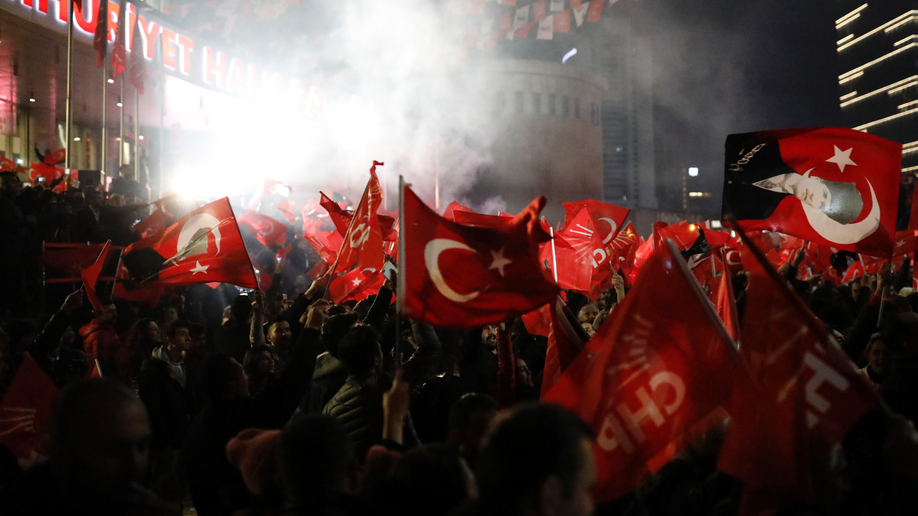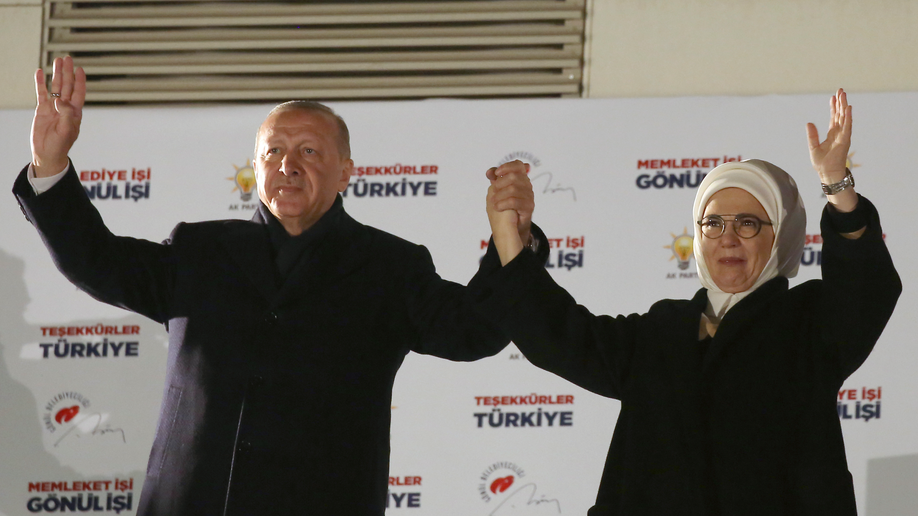LONDON — After voting “no” so many times, the British Parliament may be ready to vote “aye” on something.
On Monday, Parliament will again try to seize the steering wheel from Prime Minister Theresa May, as the House of Commons stages votes on four proposals on how to exit the European Union.
Among the top options are two that would call for much softer Brexit than May has envisioned.
The two proposals would see Britain remain in closely tied to European trade rules and tariff regimes. One option would essentially mean that Britain would surrender its ability to control European immigration. The other would likely keep Britain from setting off to strike its own independent trade deals.
Trade experts, describing the two options, say they could deliver a kind of “ultra-soft” Brexit, that sees Britain “take back a bit of control.”
Another popular option may push the government to stage a second referendum to take the questions of how or whether to leave back to the people.
And the fourth essentially seeks to cancel Brexit.
These will be non-binding “indicative votes,” expressing the will of Parliament. An earlier round of votes failed to produce a majority for any of eight proposals last week. But a big shift by the Labour Party and other political maneuvering may change the math on Monday evening.
All this comes amid growing signs that the British prime minister has lost control of Brexit, her party and her cabinet.
The Conservative Party is open revolt. Over the weekend, a bloc of 170 Conservative members, including 10 cabinet ministers, wrote to May demanding that Britain leave the E.U. “with or without a deal,” according to the Sunday Times of London.
Her cabinet, meanwhile, is now staffed by coup plotters and direct competitors. Hardline Brexiteers and those ministers pushing for a softer Brexter are both threatening to resign if they don’t get their way.
The government secretaries have become so unruly that May’s own chief whip, Julian Smith, in a rare on-the-record interview with the BBC, described them as the “worst example of ill-discipline in cabinet in British political history.”
Smith’s bold statement of unprecedented bad behavior was remarkable not only for what he said — but who said it.
Chief whips are supposed to be like Victorian children in the extreme, never seen nor heard. They are virtually invisible to the world outside the Palace of Westminster, and their one and only job is to enforce party discipline; in other words, to “whip” their members — via text and WhatsApp group — to vote one way or another.
In his remarks, Smith also said that after the results of the 2017 general election, when the Conservative Party dramatically lost its parliamentary majority, May should have been clear that the result would spell a softer kind of Brexit.
Instead, May made bold speeches and erected red lines.
And yet, May still could get her deal passed. Her supporters say it is likely that the prime minister will try a fourth time to get it through the House of Commons.
Why would lawmakers approve on a fourth vote that which they have rejected three times before? May’s latest threat: If her Conservative members don’t rally round her deal, she will call for a general election.
This appears an empty threat by a weakened party leader. In part because the latest opinion surveys show the opposition Labour Party are polling ahead of the Tories — despite Labour being equally divided between “leavers” and “remainers.” In that environment, it’s hard to see Conservatives helping to provide the two-thirds majority required for a general election.
Last week, May said she would step down if her deal finally, somehow, gets over the finish line, thus allowing someone else to take the reins in the second phase of Brexit negotiations. May could by replaced as leader of the government by her own party without the need for a general election.
In no time at all, Boris Johnson, the former foreign secretary and a favorite to replace May as Conservative leader, dropped his opposition and backed May’s deal.
“We need to get Brexit done, because we have so much more to do, and so much more that unites the Conservative party than divides us,” Johnson wrote in Monday’s Daily Telegraph, which sounded to some like a leadership bid.
“We have so many achievements to be proud of – and yet every single one is being drowned out in the Brexit cacophony,” Johnson said.
On Monday, Parliament was scheduled to first discuss the more than 6 million citizens who signed an online petition to cancel Brexit, making it the most popular petition ever hosted on Parliament’s website.
On Monday evening, Parliament will renew its attempt to find an alternative to May’s deal.
One soft Brexit option could include a commitment to remain in a “permanent customs union” with the E.U. — such an arrangement allows those within the union to trade freely without tariffs, but sets an external tariff on all goods coming into the bloc. Such a deal would make it hard for Britain to go global and cut its own trade deals abroad, as it would be locked into E.U. tariff regimes. But it could control European immigration.
Another soft Brexit option is a Norway-style relationship that would involve staying in the E.U. single, or common, market. This path may allow Britain to seek trade deals outside the E.U., but would likely mean that Britain would have to allow for free movement of E.U. citizens into Britain.
When Parliament held similar series of “indicative votes” last week, the closest over the customs union, which only lost by six votes.
Some Conservatives remain deeply opposed to these options, in part because they see it as “Brexit in name only,” crossing all their red lines — preventing Britain from striking new trade deals with countries like the United States and China while keeping the borders wide-open to European migrants.
Steve Baker, a Conservative lawmaker and arch Brexiteer, is one of those adamantly opposed. He told the BBC that joining opposition parties and supporting a vote of no-confidence in the May government was “on the table” if the government were to adopt this option.
Ken Clarke, a veteran Conservative lawmaker who proposed the customs union motion, told the BBC that the option would indeed limit Britain in its ability to agree tariff concessions to non-member E.U. countries. But he pointed out that Britain could strike trade deals on services, which make up about 80 percent of the British economy. He added some Brexiteers espousing the benefits of Global Britain striking new trade deals with countries like America are “getting carried away.”
The idea that “Donald Trump is going to suddenly open up his market to us with joy because he’s so pleased we’ve damaged the European Union. That is total nonsense,” Clarke said.
Read more
Frexit? Italeave? After watching Brexit, other European countries say: No, thanks.
What is Brexit? Britain’s political drama, explained.
Brits pretend they’re sick of Brexit. But truth is they’re obsessed.
Today’s coverage from Post correspondents around the world
Like Washington Post World on Facebook and stay updated on foreign news
https://www.washingtonpost.com/world/europe/brexit-latest-news/2019/04/01/a609fccc-5258-11e9-bdb7-44f948cc0605_story.html
2019-04-01 17:03:45Z
52780249686109

